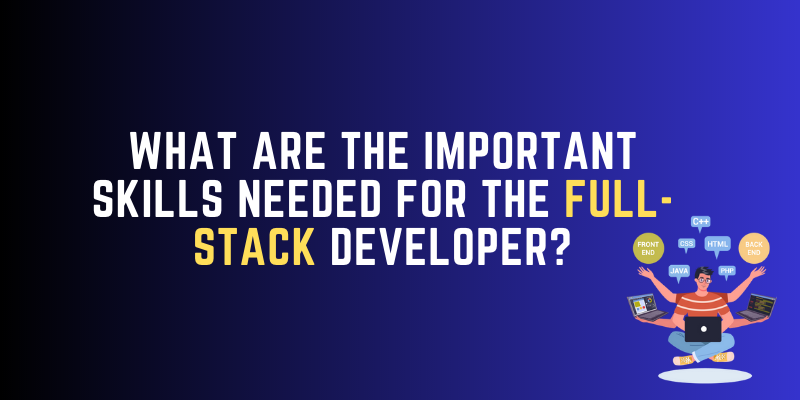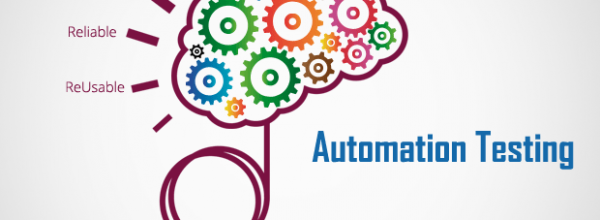Full-stack technology refers to all aspects of a computer system application, and full-stack web developers may create both the front and back end of a website. The front end includes all elements visible to the client or viewer of the site. If you are interested in learning full-stack, you can enrol in FITA Academy at Full Stack Developer Training In Madurai was created by a group of highly skilled trainers specialising in various elements of full-stack development.
Top 10 Full-Stack Developer Skills:
HTML and CSS:
HTML is a front-end technology language. Developers use it to manage the format and design of text and images on a website. It controls the web page’s structure into a hierarchy of headings, paragraphs, body, pop-ups, and more.
Cascading Sheet Styles is a language that allows you to style and modify HTML elements.
JavaScript:
When discussing full-stack developer skills, JavaScript must be mentioned. It is a dynamic language developers use for interactive and enhanced front-end development. However, due to its dynamic nature, it may be utilized for both client-side and server-side programming. They are enrolling in Full Stack Developer Course In Pune, a complete professional training programme that provides students with professional abilities.
JavaScript’s perfect integration with HTML and CSS and adaptability with most browsers make developers’ jobs much easier and more efficient.
Apart from these frameworks, there are other front-end development frameworks such as Angular, React, React Native, and Vue.
Git and GitHub:
Without the famous Git and GitHub, web development feels a little incomplete. It is known to both novice and professional coders.
Git, a “distributed understanding control system” for developers, enables them to manage each step of the development process. It differs from other control systems due to its error detection and tracking effectiveness. You can track your progress, make changes, add “snapshots,” go back and make necessary changes, and much more. Registering for Full Stack Training In Hyderabad will help you understand this concept with good knowledge and training for front end, back end, etc.
Web Architecture:
Full-stack developers need to upskill themselves to maintain their professional responsibility. And to excel in this, one needs to have a basic knowledge of web architecture.
As the expert in many elements, the team expects a full-stack developer to know about the web application’s structural aspects and user interface elements like DNS or Domain Name System, Cloud Storage, Database Servers, and more.
Databse Management Systems:
You should be informed about database management systems to be an experienced and exceptional full-stack developer.
As a part of the development team, you must have a proper system to manage all the databases. Apart from programming languages, you should be familiar with Oracle, MySQL, SQLite, and Microsoft Access. Register in the Full Stack Developer Course In Gurgaon if you like to study more about the Full stack and gain more knowledge.
Fundamentals of Designs:
A development team is often distinguished from a design team. True. However, in a different role, a full-stack developer should have the essential design expertise to make front-end programming more engaging and interactive.
This expertise will assist you in understanding user psychology when creating the application’s client side.
Technology Stacks:
A full-stack developer should be well-versed in all technologies and constantly upgrade following his role and responsibilities. Different firms have different tastes. Thus, you should know the joint stacks for developing a web application.
Some of the most popular stacks are LAMP, Django, and others. As a result, while working on an application, be aware of the differences in their operation and all levels. Enrolling in the Full Stack Developer Course In Mumbai will provide hands-on tutorials and live projects to implement real-world problems in the syllabus.



